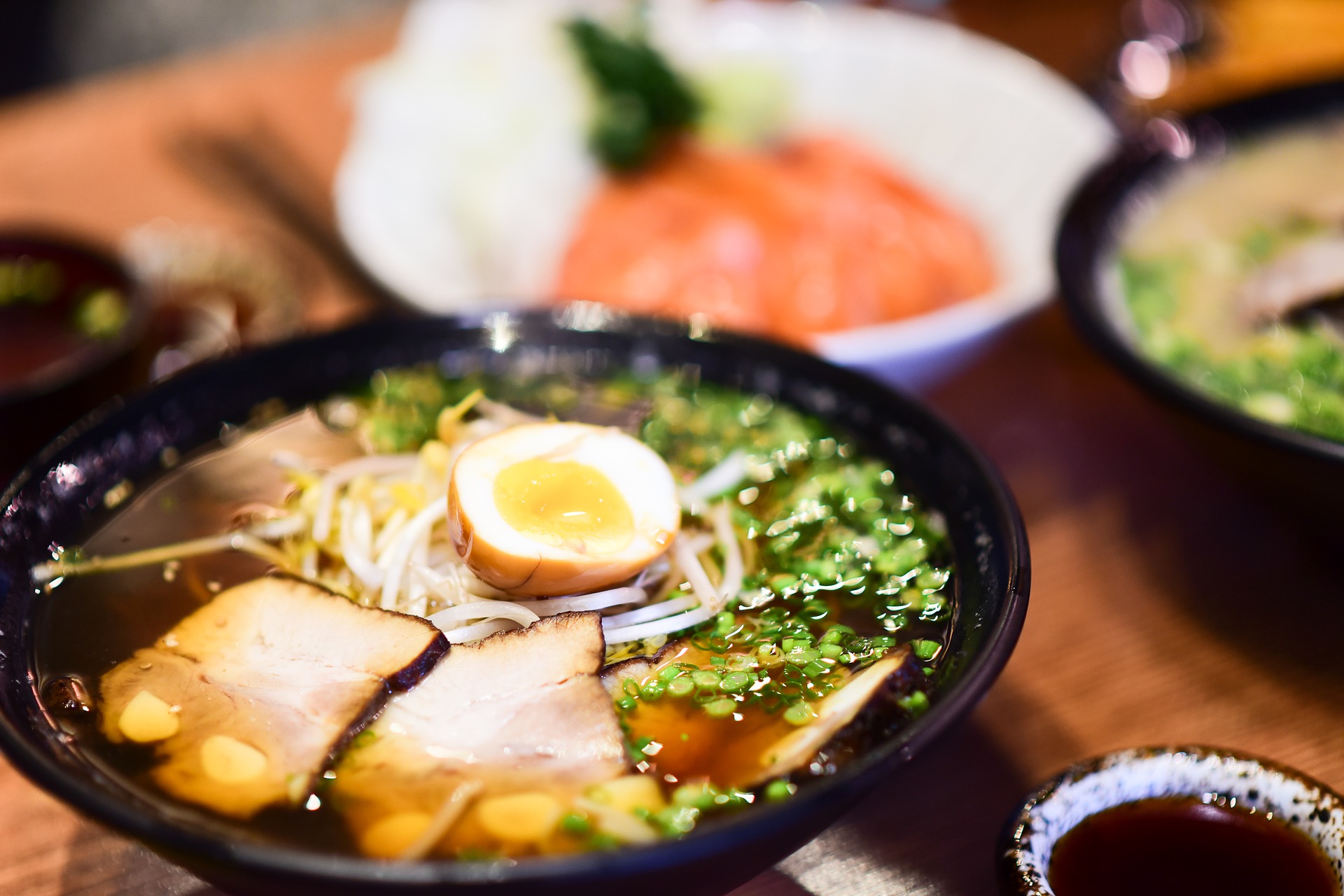Korean Social Norms (Part 2) Posted by Flying Oyster on Dec 7, 2020 in Culture, Vocabulary
We talked about Korean social norms in a previous post. https://blogs.transparent.com/korean/korean-social-norms-part-1/. If you haven’t had a chance to look at them yet, I suggest that you read them. As I promised, I will talk more about Korean social norms in Part 2, but the following social norms are more applicable in interpersonal relations.
- Your girlfriend might want to walk arm in arm with you.
Let say you are a female and your Korean female friend hooks her arm around yours while you two walk on the streets. Don’t be surprised! It is a very common thing to see in Korea. You will see two females 팔짱을 끼고 걷다 (ppal-jjang-eul-ggi-go-gut-dah: walk arm in arm) in public. This doesn’t necessarily mean that their relationship is romantic. This gesture generally reflects pure friendship in Korea.
- Your male friends might want to talk about their times in military service.
Healthy Korean men are obligated to provide 군복무 (goon-bok-moo: military service) from 18 months to 21 months depending on the branches of the military. It is hard work and I am grateful for their service. People say that a man is fully matured after he finishes military service in Korea. It is maybe why Korean men love to talk about their experiences in military service even though you don’t understand their jargon.
- Hugging might be acceptable only between close friends.
In Western culture, 포옹 (poh-ong: hugging) is socially acceptable without anyone mistaking your intentions. However, hugging is deemed to be a very intimate gesture in Korea. Thus, you want to be careful not to be misinterpreted, particularly when you hug a person of an opposite sex. Although more young generations in Korea seem to hug someone without 망설임 (mang-sul-im: hesitation), as Western culture has deeply permeated into Korean culture.
- Koreans are polite people, but you might not think that in a subway.
The quality of 지하철 (ji-hah-chul: subway) system in Korea is one of the world’s best. Because of this, a lot of Koreans use subway daily for commuting, which causes madness. Koreans call it 지옥철 (ji-ok-chul: a train of hell) During rush hours, don’t expect personal space. You will be jammed by people. Hold your bags tight because you might get pushed and shoved by the crowds. Trains come every couple minutes, but there are usually more people waiting for the next train. When you get pushed by people, don’t wait for apologies because pushing and shoving is considered to be inexorable for some people.
10 . When you compliment someone, they might deny it.
When you 칭찬 (ching-chan: a compliment) someone, you expect a reply of “thank you.” However, Koreans usually don’t accept your compliments right away and they are more likely to say 아니예요. (ah-ni-yea-yo: no). They probably like your compliments, but they just don’t want to sound full of themselves. Everyone likes to be complimented, Koreans are no exceptions.
- Different noises are maybe bearable at the table in Korea.
쩝쩝거리기 (jjup-jjup-guh-ri-dah: lip-smacking), 후루룩 마시기 (hoo-roo-rook-mah-si-gi: slurping) on a dinner table might be considered acceptable. You might have a friend who smacks his lips at the dinner table, and he might think it is okay because some Koreans think food tastes better when they smack their lips.
Noodles are a common food item in Korea and many ramen TV commercials intentionally make a model slurp noodles because it shows the enjoyment of the noodle. However, I advise you not to slurp food or make lip-smacking sounds in general, especially when you are dining with important people.
There are some other Korean table manners you want to be aware of. Avoid making noises with utensils hitting 그릇 (gue-rut: a bowl or a food container ), such as a 밥공기 (bob-gong-gi: a rice bowl) or 접시 (jup-si: a plate). Also, do not hold a bowl in your hand during the meal. Some people hold a rice bowl in one hand while using another hand to maneuver utensils, but it is considered to be vulgar.
What did you think about Korean social norms? Were you surprised by different Korean social norms? What are social norms of your countries that others might need some explanations?

Build vocabulary, practice pronunciation, and more with Transparent Language Online. Available anytime, anywhere, on any device.







